Lens Converters Guide
Compatibility with camera lens
Not all lens converters are designed to be used with every lens, so it's crucial to ensure that the model you select is compatible with your specific lens. For example, the Canon EF-M Lens Adapter Kit is specifically designed for Canon mirrorless cameras and allows you to attach EF and EF-S lenses. On the other hand, the Sony LA-EA4 Lens Adapter is compatible with Sony E-mount cameras and enables the use of A-mount lenses. Similarly, Nikon offers the Nikon AR-7 lens adapter that allows their DSLR lenses to be used with their mirrorless cameras. Always check the specifications and compatibility of a lens converter before making a purchase.
Type of lens converter (telephoto, wide-angle, macro, fish-eye, etc.)
There are several types of lens converters available on the market, including telephoto, wide-angle, macro, and fish-eye converters.
Telephoto lens converters, such as the Canon EF 2x III Telephoto Extender, are designed to extend the focal length of your lens, providing a magnification effect that allows you to zoom in closer to the subject. Wide-angle lens converters, like the Nikon AF-S DX NIKKOR 10-24mm f/3.5-4.5G ED Lens, are perfect for capturing wider scenes or fitting more of a subject into the frame. Macro lens converters, such as the Sigma APO Macro Converter 1.4x EX DG, enable you to get incredibly close to small subjects and capture intricate details. Lastly, fish-eye lens converters, like the Rokinon 8mm F2.8 UMC Fisheye II Lens, create a unique, distorted perspective that can add creativity to your photographs.
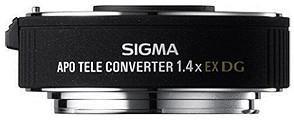
Compatibility with camera brand
Not all lens converters work with all camera brands, so it's essential to ensure that the converter you choose is compatible with your camera. One example of a lens converter that offers excellent compatibility is the Canon EF to Sony E-Mount Lens Adapter. This adapter allows you to attach Canon EF lenses to Sony E-Mount cameras, opening up a vast range of lens options for Sony users. Another option is the Nikon F Mount to Sony E-Mount Lens Adapter, which allows Nikon F mount lenses to be used on Sony E-Mount cameras. These adapters provide seamless integration between different camera brands, ensuring that your lenses work perfectly with your camera system.
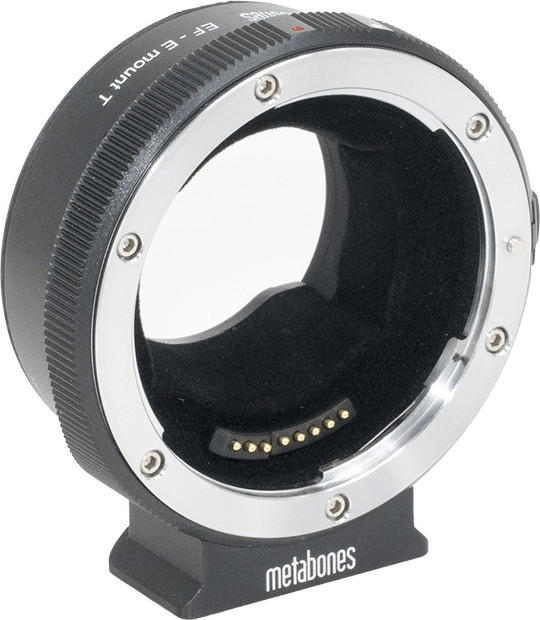
Material used in construction
Different materials offer varying levels of sturdiness and longevity. For instance, Kenko Teleplus PRO 300 DGX AF Teleconverter is constructed with high-quality genuine optical glass elements that provide excellent image quality without any loss in resolution. With a durable metal barrel, it ensures long-lasting use. On the other hand, Viltrox EF-EOS M Auto Focus Lens Mount Adapter is made from lightweight and durable aluminum alloy, providing a sturdy structure that can withstand regular use.
In the market, lens converters can be broadly classified into two groups based on their construction materials: those made with optical glass elements and those made with mixed materials. In the first group, we have products such as Vello DG-C Auto Extension Tube Set which feature high-quality, multi-coated optical glass elements that maintain image sharpness and clarity. In the second group, we find lens adapters such as Fotodiox M42 Lens to Sony E-Mount Adapter which combine a metal mounting plate with a standard M42 screw for attaching lenses. These adapters offer a lightweight and durable option for attaching older lenses onto newer camera bodies.
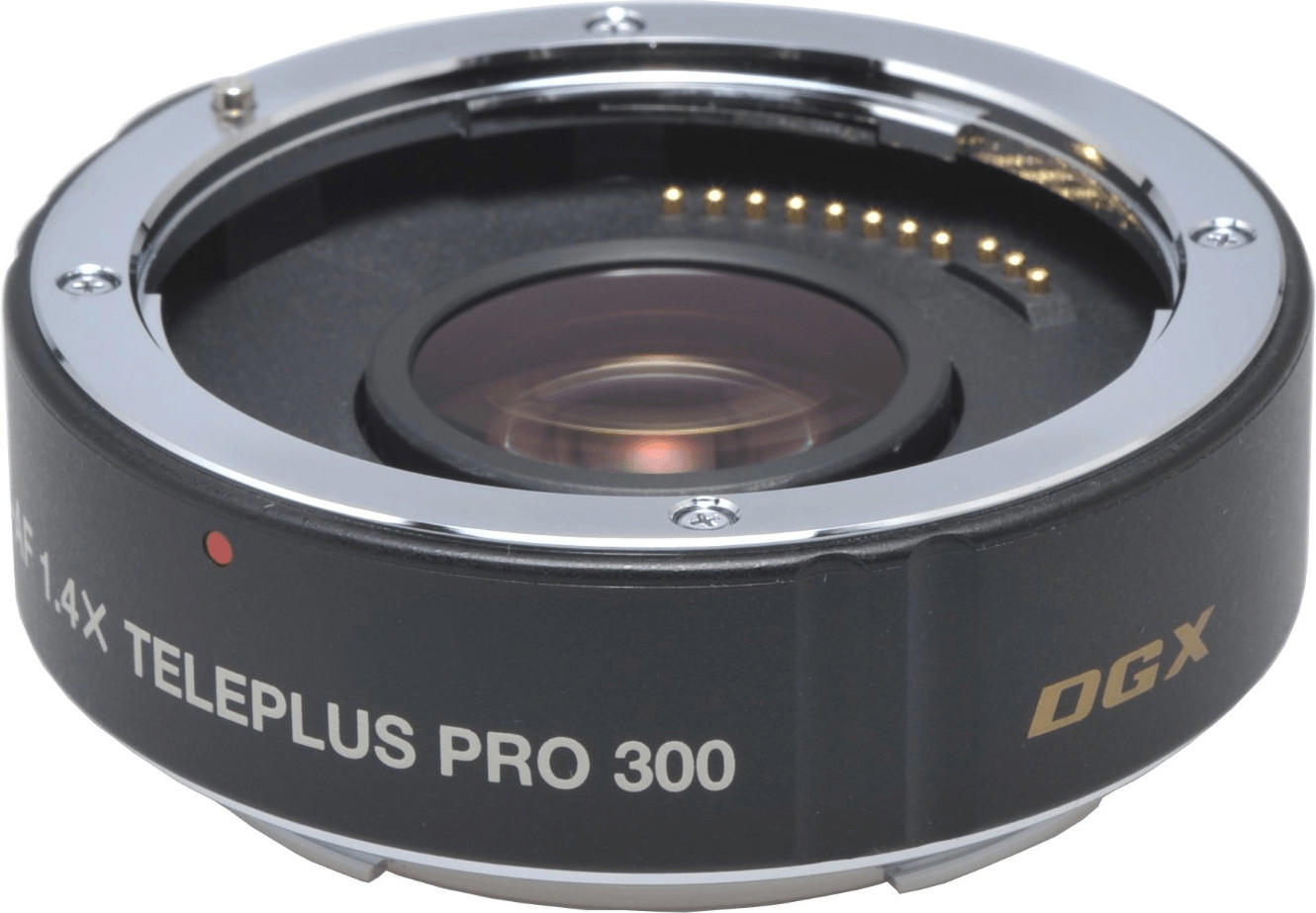
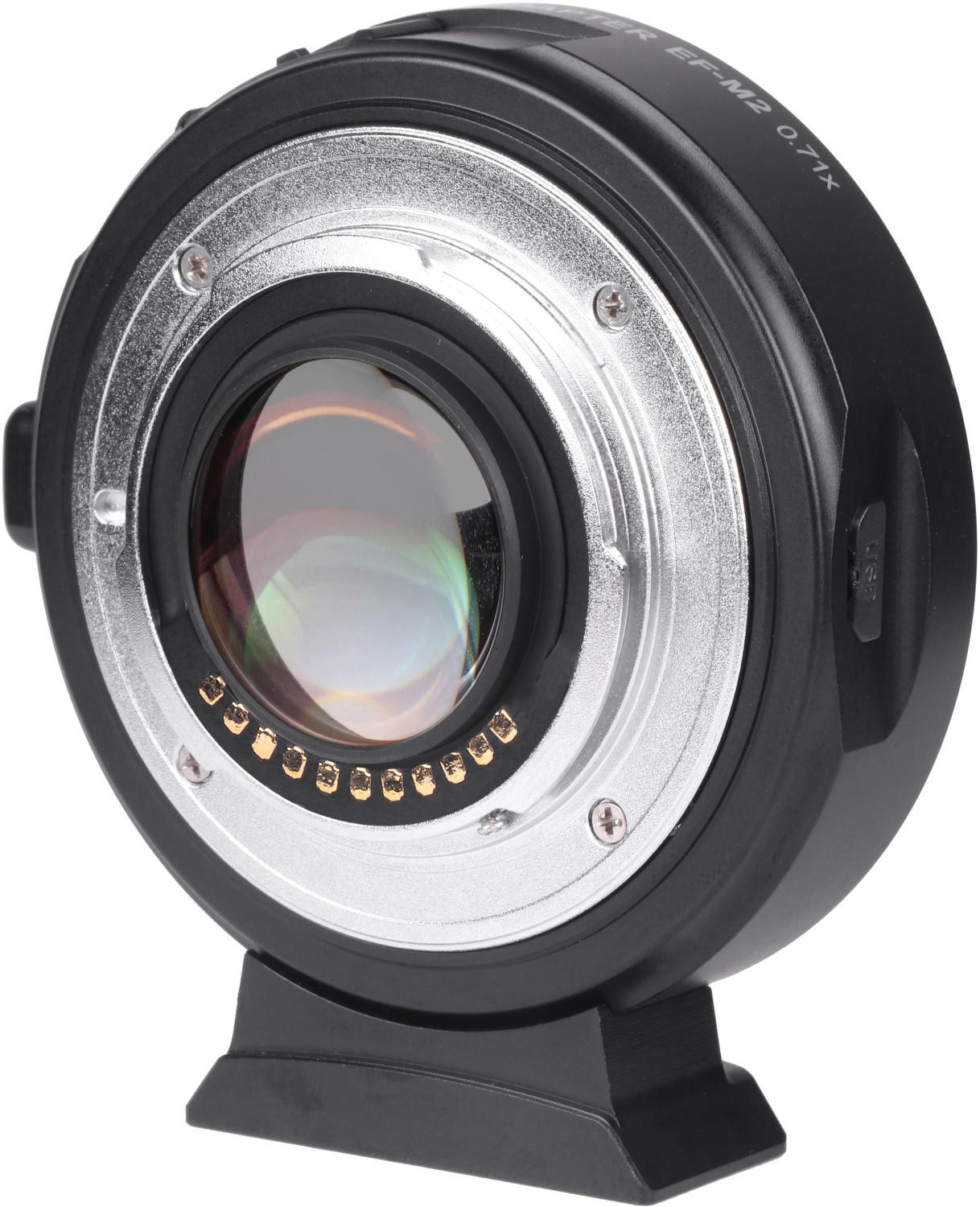
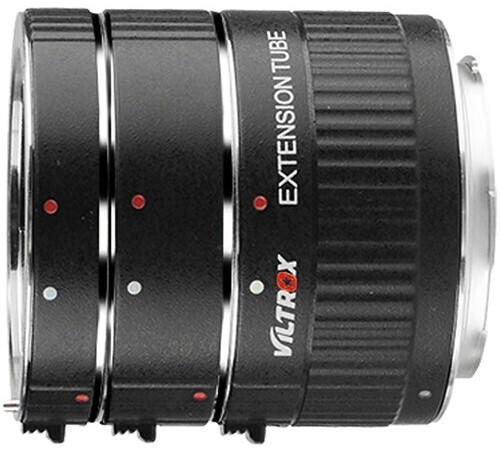

Lens coating quality
The quality of lens coatings directly affects the performance and image quality of the converter. Look for converters with high-quality coatings such as multi-coated or nano-coated lenses, as they will minimize flares, ghosting, and excessive reflections, resulting in sharper and clearer images. For instance, the Metabones MB_SPEF-E-BT3 converter features multi-coated optics that reduce flare and ghosting. Similarly, the Viltrox NF-E1 converter has nano-coated optical elements that reduce reflections, suppress flare, and enhance light transmission. These lens converters with superior coating quality will provide better overall image quality.
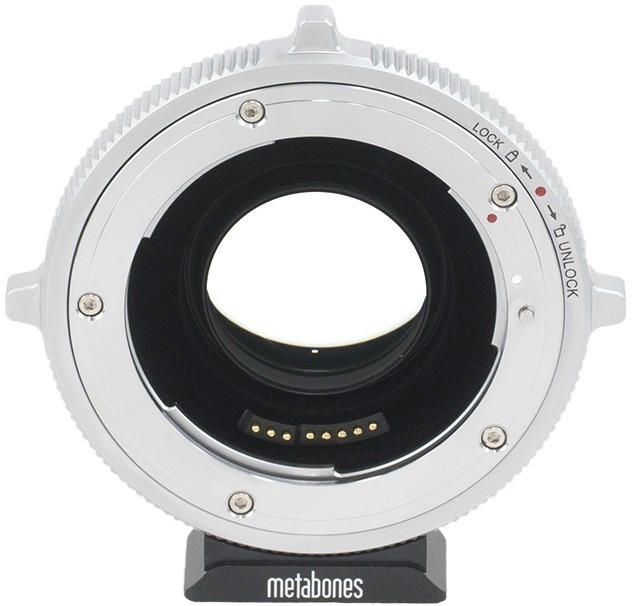
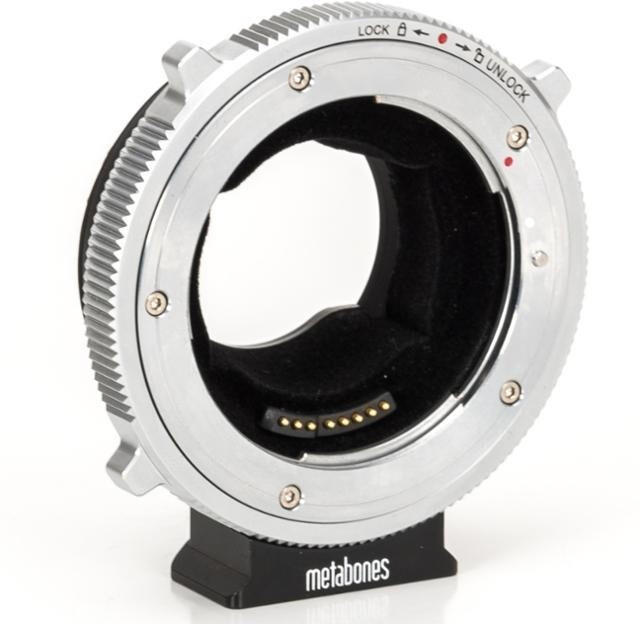
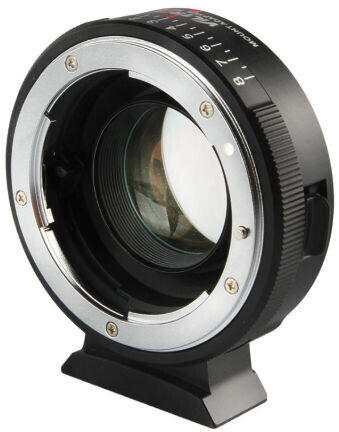
Magnification power
Magnification power refers to the level of zoom or enlargement that the lens converter can provide. This is typically represented by a ratio such as 1.4x, 1.7x, or 2x, which indicates how much the focal length of the original lens is multiplied when the converter is attached.
For those looking for a moderate level of magnification, a lens converter with a 1.4x magnification power is a popular choice. This provides a slight boost to the focal length without sacrificing too much of the image quality. The Nikon AF-S Teleconverter TC-14E III and the Canon Extender EF 1.4X III are both highly regarded options in this category.
If you require a more substantial level of magnification, lens converters with a 1.7x or 2x power are available. These converters offer a significant increase in focal length but may have a slight impact on image quality. The Tamron 1.4x Teleconverter and the Sigma APO Teleconverter 2x EX DG are two excellent choices for these higher magnification needs.
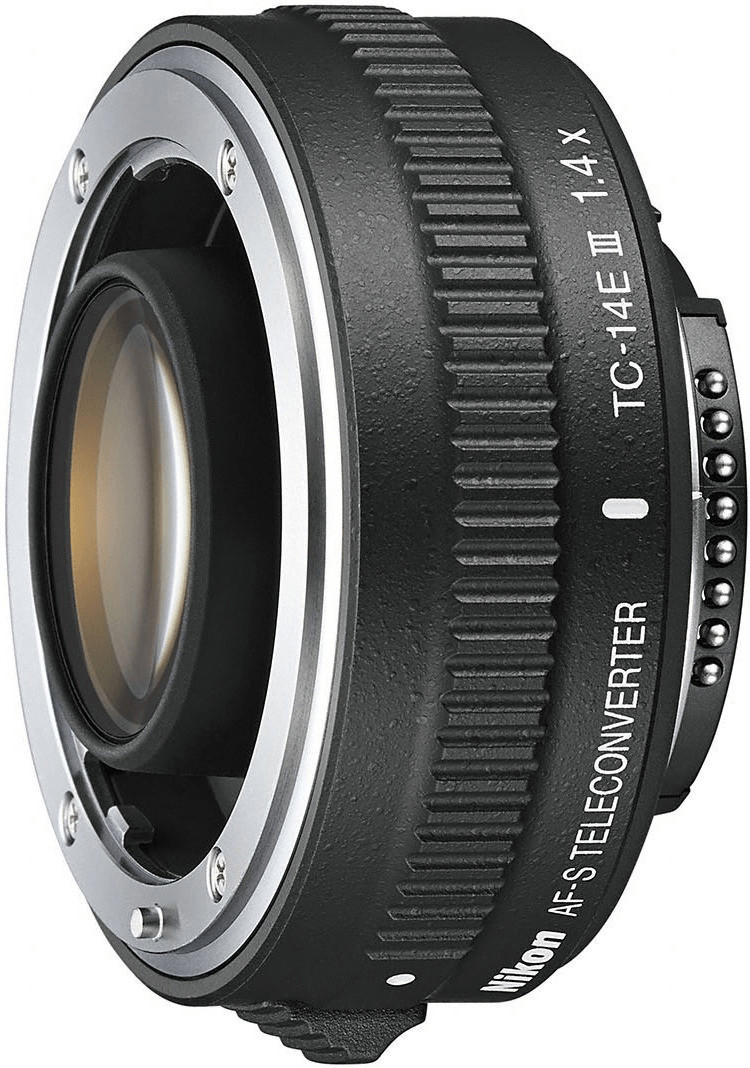
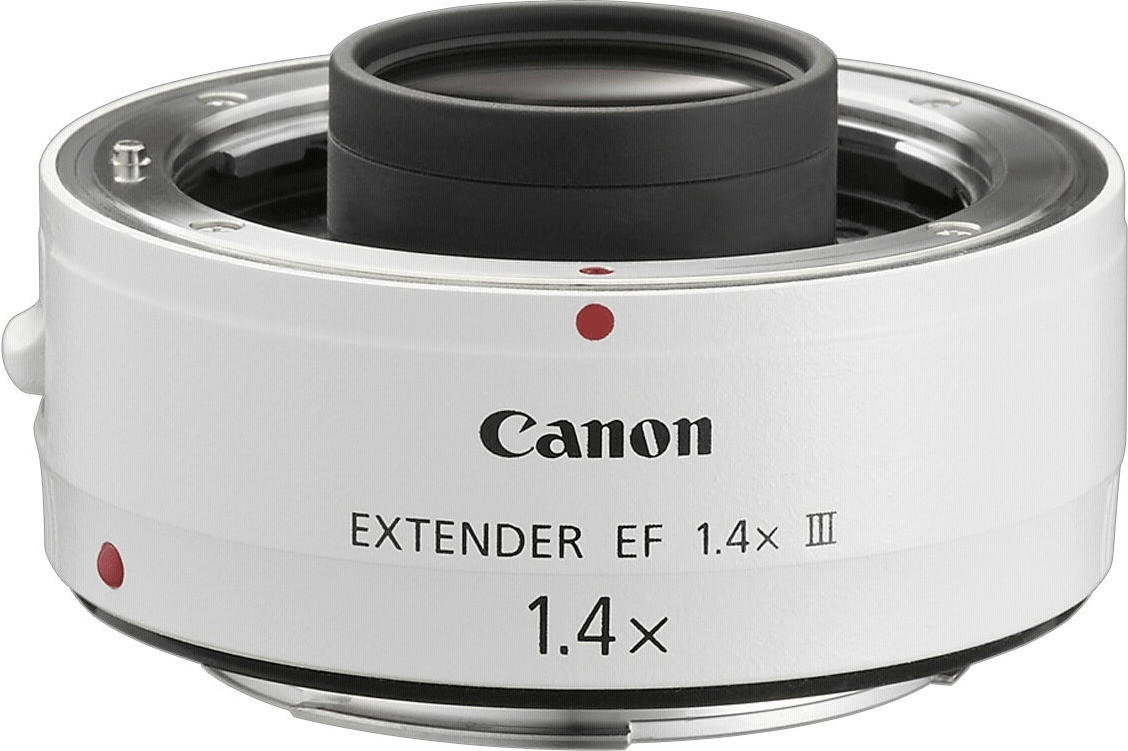

It's important to note that while higher magnification can bring distant subjects closer, it also reduces the aperture and thus restricts the amount of light reaching the sensor. This can impact autofocus performance and overall image quality. Therefore, it's essential to find the right balance between magnification power and other factors such as image sharpness, autofocus speed, and compatibility with your camera and lenses.
Minimum focus distance
This refers to the closest distance at which the converter can focus and capture sharp images. A shorter minimum focus distance allows you to get up close to your subject to capture fine details or achieve a greater magnification.
For example, the Vello Canon EF/EF-S Lens to Sony E-Mount Camera Lens Adapter offers a minimum focus distance of 1.6' (50 cm). This makes it suitable for close-up photography or capturing small objects with greater precision. Another product to consider is the FotodioX Vizelex ND Throttle Lens Adapter which offers a minimum focus distance of 1.2' (35 cm). This adapter is ideal for macro photography, enabling you to capture intricate details of your subject.
Image quality and sharpness
A good converter should maintain the clarity and detail of your original lens while adding versatility to your imaging options. One example of a lens converter that excels in image quality is the Canon EF 2x Extender III. Featuring anti-reflective coatings and optimized lens placement, it effectively reduces ghosting and flare while delivering amazing sharpness. Another notable option is the Nikon AF-S Teleconverter TC-20E III, which is designed to optimize the performance of Nikon telephoto lenses. With a high index of refraction and low dispersion glass elements, this converter maintains the image quality and sharpness expected from the original lens.
In the market, lens converters can be divided into two categories based on their magnification factor: 1.4x converters and 2x converters. The Sony FE 1.4x Teleconverter is a great representative of the 1.4x converters. It offers a moderate increase in focal length without compromising image quality. For those who need a higher magnification, the Sigma APO Teleconverter 2x EX DG stands out. With its double magnification factor and multilayer coating system, it serves as an excellent choice for long-range photography while maintaining image sharpness.
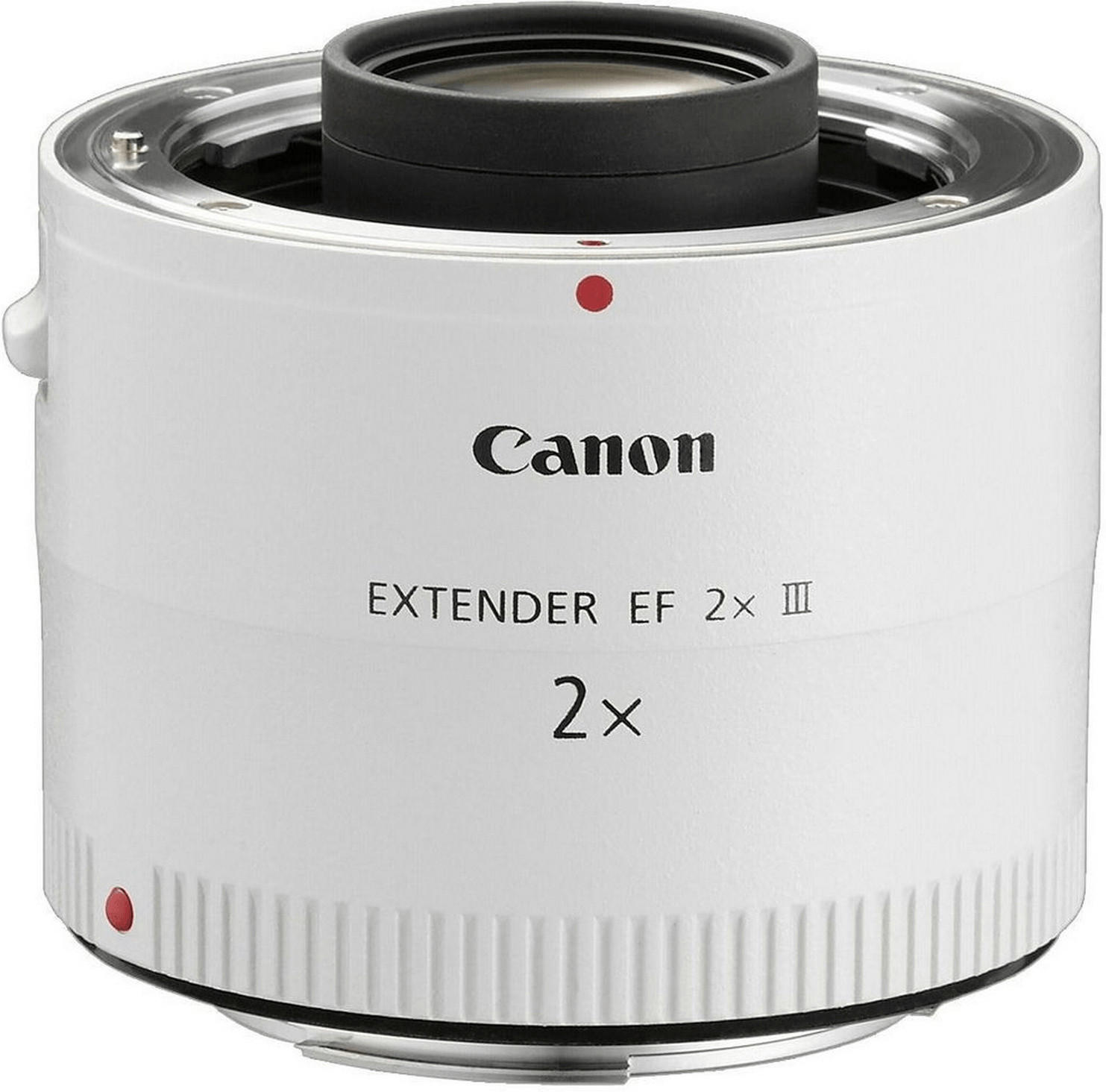
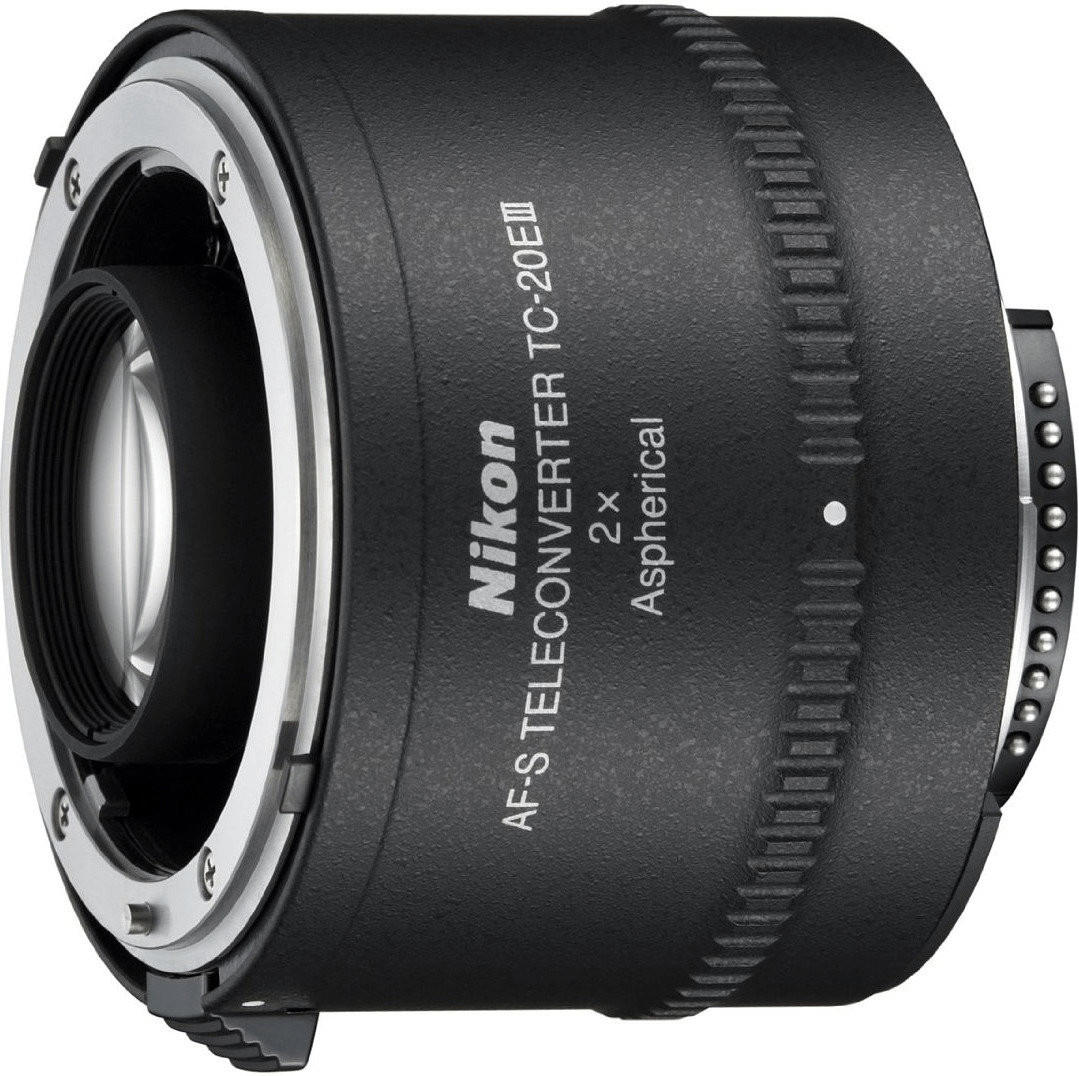

Auto-focus capability
Some converters provide full auto-focus functionality, allowing you to focus quickly and accurately with your camera. For example, the Canon EF 2.0X III Telephoto Extender is designed to preserve the AF capability of specific Canon lenses when used with compatible camera bodies. It features a microcomputer for enhanced communication between the camera and lens, ensuring reliable and precise auto-focus performance. Similarly, the Nikon AF-S Teleconverter TC-20E III is another great option for Nikon users, as it maintains full AF capability with select Nikon lenses, thanks to its integrated microprocessor that communicates with the camera and lens for optimal focusing accuracy. These lens converters are ideal for photographers who rely on quick and accurate auto-focus in their work.
For other photographers who may not require full AF capability, there are also manual focus lens converters available. These converters allow you to use manual focus on compatible lenses, which can be beneficial for certain types of photography, such as macro or landscape. Some popular choices include the Metabones Canon EF Lens to Sony E Mount T Smart Adapter for Sony mirrorless cameras, which utilizes electronic contacts to maintain communication between lens and camera, allowing for precise manual focus control. Additionally, the Sigma MC-11 Mount Converter is a versatile option for Sony E-mount cameras that provides both auto-focus and manual focus support with compatible Sigma lenses. These manual focus lens converters give photographers more control over their focus, allowing for creative expression and precise adjustments.


Manual focus capability
This feature allows the photographer to manually adjust the focus of the lens, giving them more control over the image. One example of a lens converter with excellent manual focus capabilities is the Metabones Canon EF to Sony E-Mount T Speed Booster ULTRA II. This converter boasts a manual focus feature that enables focusing down to 0.57x. Another option worth considering is the Viltrox EF-EOS M2 Auto Focus Lens Mount Adapter, which has a built-in focusing motor that allows for electronic focusing control. Both of these lens converters offer a seamless manual focus experience, making them great options for those who prefer a hands-on approach to focusing.

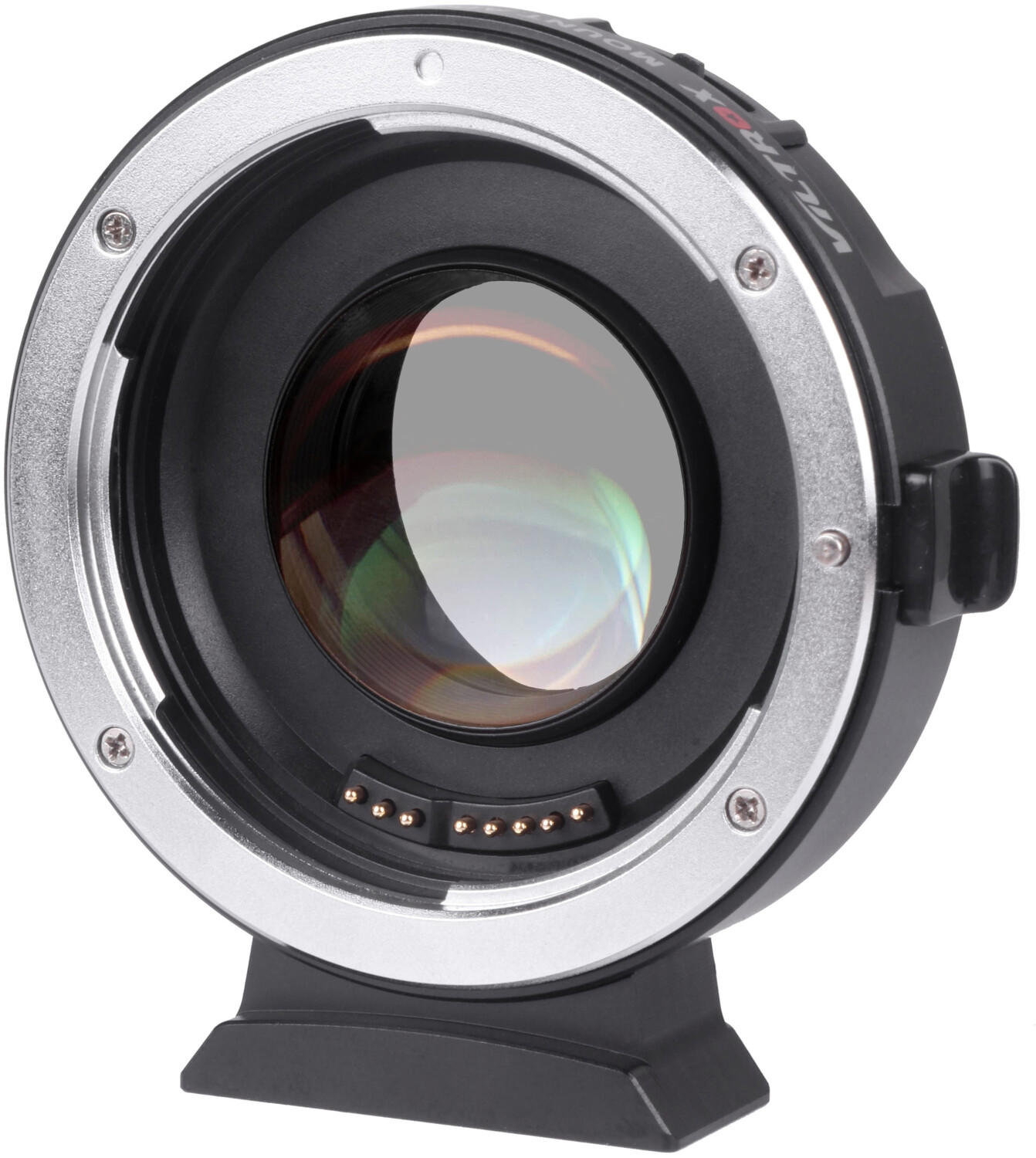
Image stabilization compatibility
Image stabilization is a feature that helps reduce camera shake, resulting in sharper images, especially when shooting handheld or in low light conditions. Not all lens converters support image stabilization, so it is crucial to ensure compatibility to avoid compromising image quality.
In the category of lens converters that are compatible with image stabilization, there are several options available in the market. One such example is the Metabones Canon EF to Sony E-Mount Smart Adapter. This converter allows you to mount Canon EF lenses onto Sony E-Mount cameras while retaining electronic communication and autofocus capabilities, including compatibility with image stabilization. Another option is the Viltrox EF-FX2 Auto Focus Lens Mount Adapter, designed specifically for mounting Canon EF lenses onto Fujifilm X-mount cameras. This converter also supports image stabilization for smooth and stable shooting. It is always recommended to check the specifications of the lens converter to ensure proper compatibility with the image stabilization system of your camera or lens.

Aperture control
This feature allows you to adjust the size of the lens opening, which directly affects the amount of light that enters the camera. Some lens converters offer full aperture control, meaning you can manually set the aperture just like you would on a regular lens. This gives you greater flexibility in controlling depth of field and optimizing exposure in different shooting conditions.
If you require full aperture control, one notable lens converter is the Metabones Speed Booster Ultra. It is compatible with a range of lens mounts and offers support for auto exposure in AE (aperture priority) mode. It also incorporates an optical element that increases the maximum aperture by one stop, enhancing light gathering capability. Another option worth considering is the Viltrox EF-FX2 Lens Mount Adapter. This converter allows you to control the lens aperture through the camera's control dial and supports full-frame electronic aperture control for EF mount lenses on Fujifilm X-series cameras.
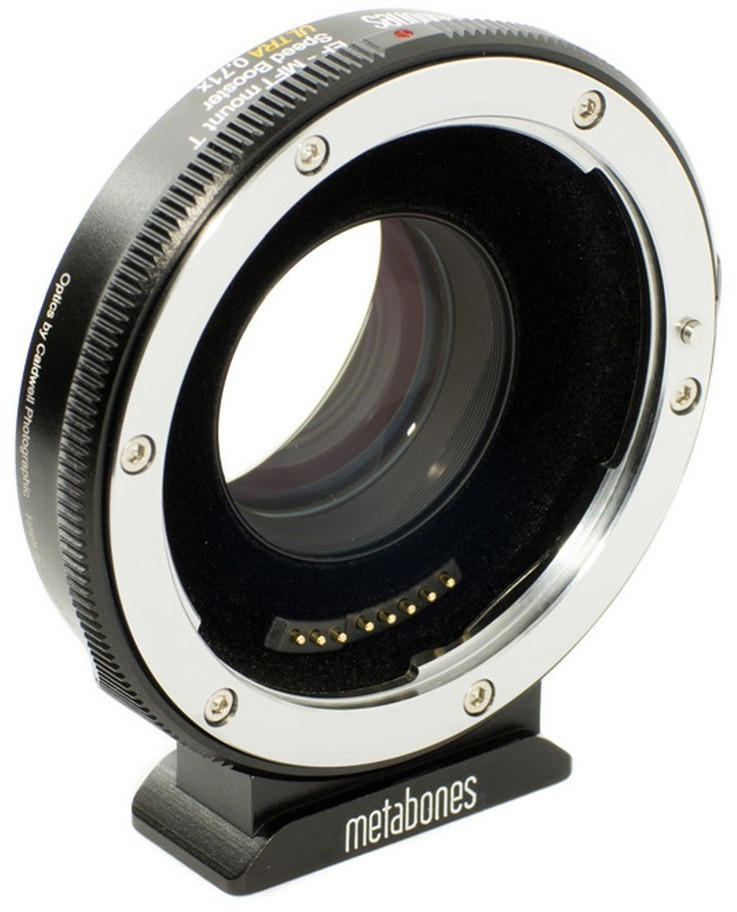
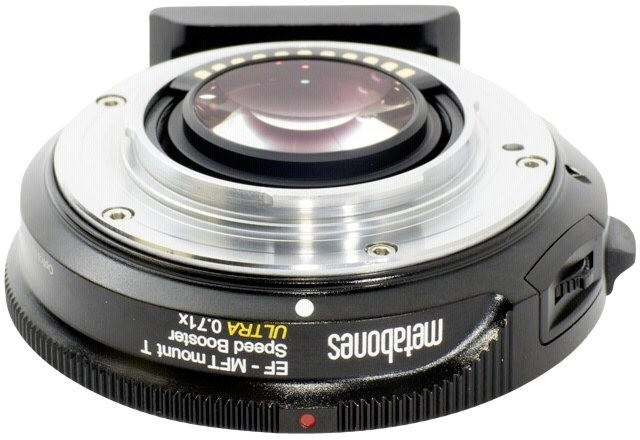
In the market, lens converters can generally be grouped into those offering full aperture control, adjustable aperture support, or fixed aperture options. It is important to choose the converter that fits your specific needs and camera system compatibility.
Transmission of lens metadata
Lens metadata includes information such as focal length, aperture, and focus distance, which is stored electronically inside the lens. This data helps the camera to accurately assess exposure settings, provide accurate autofocus, and enable features like image stabilization. It is crucial to ensure that the lens converter you choose maintains the transmission of this metadata from the lens to the camera body.
For instance, the Metabones Canon EF to Sony E-Mount T Smart Adapter IV is a popular lens converter that offers full lens metadata transmission. It allows Canon EF lenses to be used on Sony E-mount cameras while retaining electronics and autofocus capabilities. Similarly, the Viltrox EF to RF Auto Focus Lens Mount Adapter maintains the transmission of lens metadata when using Canon EF lenses on Canon RF-mount cameras. For photographers using Nikon lenses on Sony E-mount cameras, the Fotodiox Pro Lens Mount Adapter is designed specifically to preserve lens metadata, ensuring accurate exposure and autofocus functionality.
Size and weight
A larger and heavier lens converter can be cumbersome to carry and use, especially if you're planning to shoot for extended periods or travel with your gear. Additionally, it can potentially throw off the balance of your camera setup, making it more difficult to handle.
When it comes to smaller and lightweight lens converters, an excellent choice is the Metabones Speed Booster XL. This converter weighs just 3.6 ounces and has a compact design that makes it easy to slip into your camera bag. Another option to consider is the Viltrox EF-M2 II, which weighs just 5.9 ounces. These lens converters are ideal for photographers and videographers who value portability and prefer less weighty gear. Keep in mind that there are several other lightweight lens converters on the market, designed to minimize the overall weight of your camera setup.
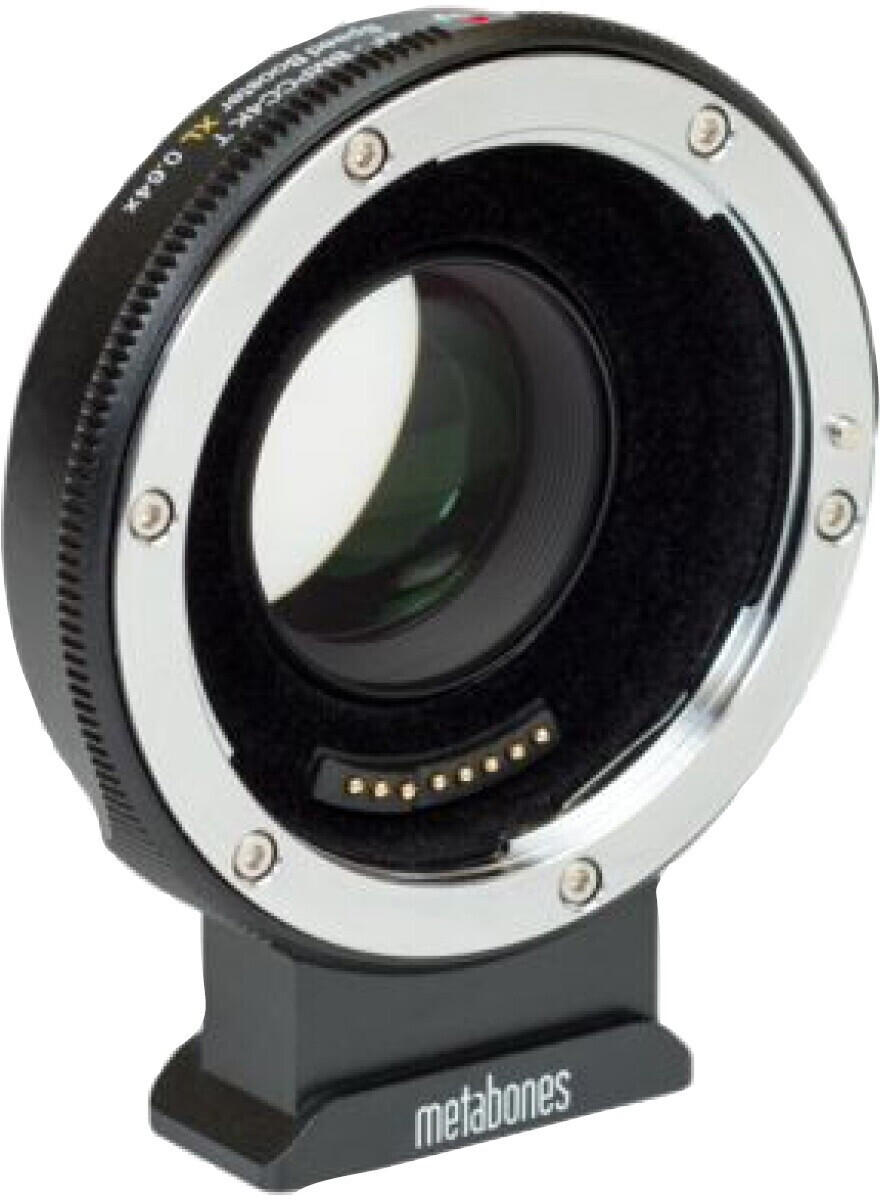
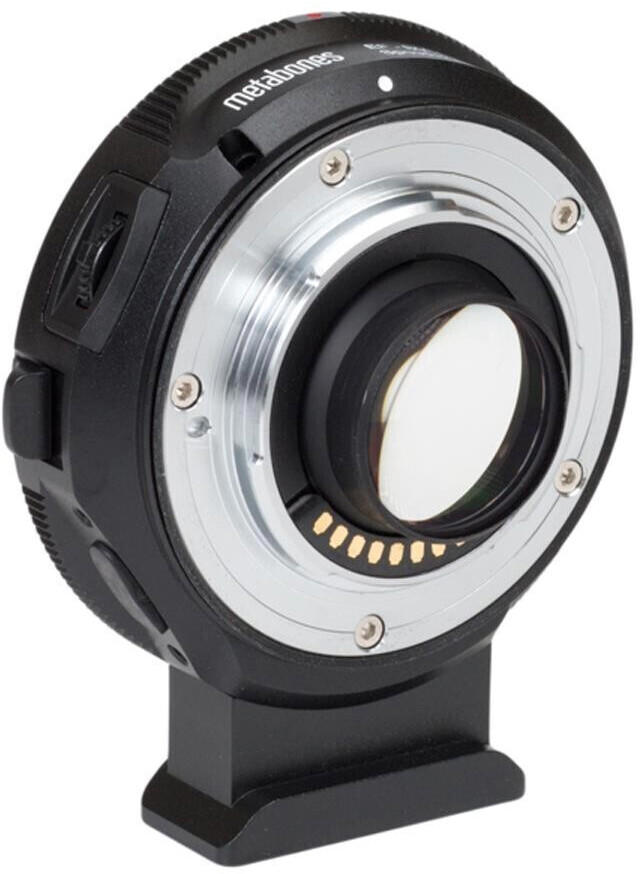


Mount type (screw-on, bayonet, etc.)
The mount type determines how the converter attaches to your camera and lens. There are several mount types available, including screw-on mounts, bayonet mounts, and twist-lock mounts.
For example, the Lensmate Thumb Grip and Bayonet Mount Adapter is a popular choice for mirrorless cameras with a bayonet mount. It securely attaches to your camera's hot shoe and provides a convenient thumb grip, making it easier to hold and stabilize the camera.
Another option is the Novoflex EOS to Nikon Adapter, which features a screw-on mount. This adapter allows you to attach Nikon lenses to your Canon EOS camera, providing a seamless compatibility between the two systems. It is designed with high-quality materials and precise engineering to ensure a snug fit and accurate lens communication.
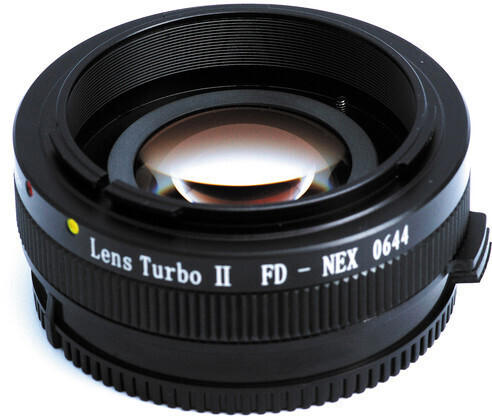
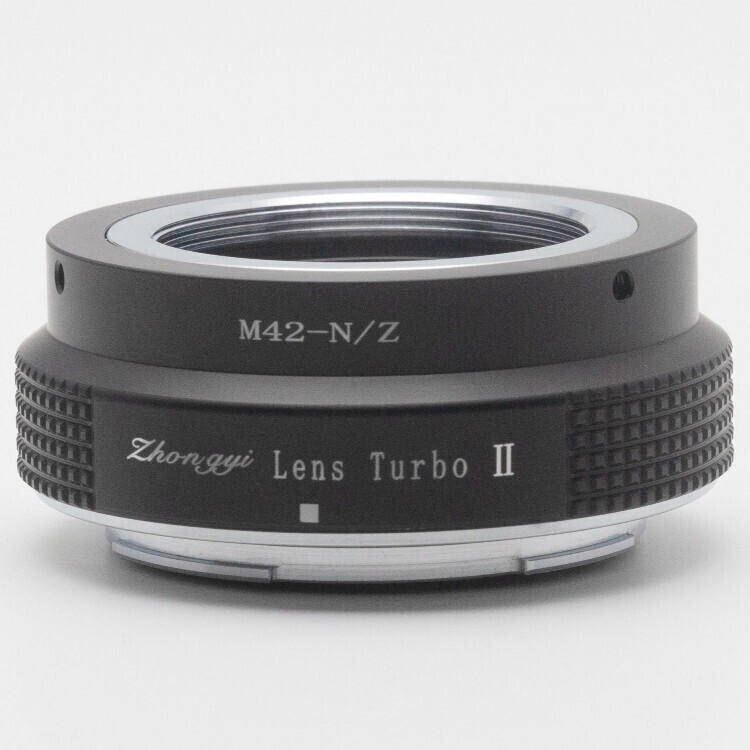
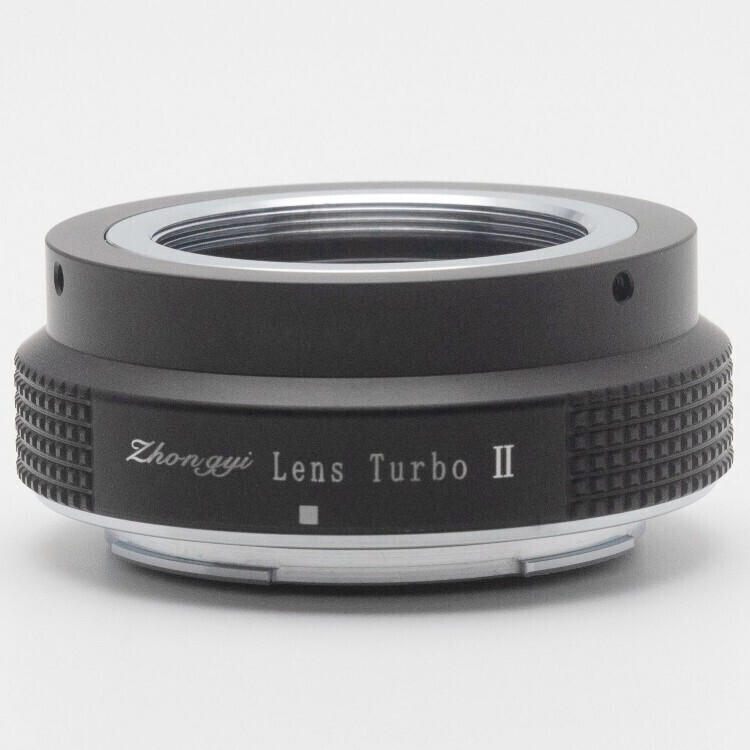
Depending on your camera and lens combination, it's important to choose a lens converter with the appropriate mount type to ensure that it can securely attach and function properly with your equipment.
Durability and build quality
Investing in a sturdy and long-lasting converter ensures that it will withstand the rigors of regular use and effectively protect your lenses. An excellent example of a durable converter is the Sony SEL20TC 2x Teleconverter. It is constructed with a weather-sealed design, making it resistant to dust and moisture, thereby enhancing its durability for all-weather shooting. Similarly, the Canon EF Lens Extender 1.4x III is renowned for its robust construction, featuring a durable metal mount and a high-quality build. These lens converters are designed to withstand the demands of professional photographers and ensure the longevity of your investment.
When it comes to lens converters, there are various segments available on the market to cater to different needs. For photographers requiring maximum magnification, options like the Nikon TC-14E III AF-S Teleconverter and the Tamron Tele Converter 2.0x for Canon EF are excellent choices. Alternatively, if compactness and lightweight construction are priorities, the Canon Extender EF 2x III and the Fujifilm XF1.4X TC WR Teleconverter offer both superior build quality and a smaller form factor. Depending on your specific requirements and shooting conditions, it is essential to consider the segment most suitable to your needs to ensure the highest level of durability and build quality for your lens converter.
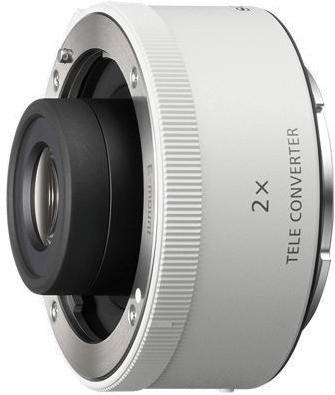


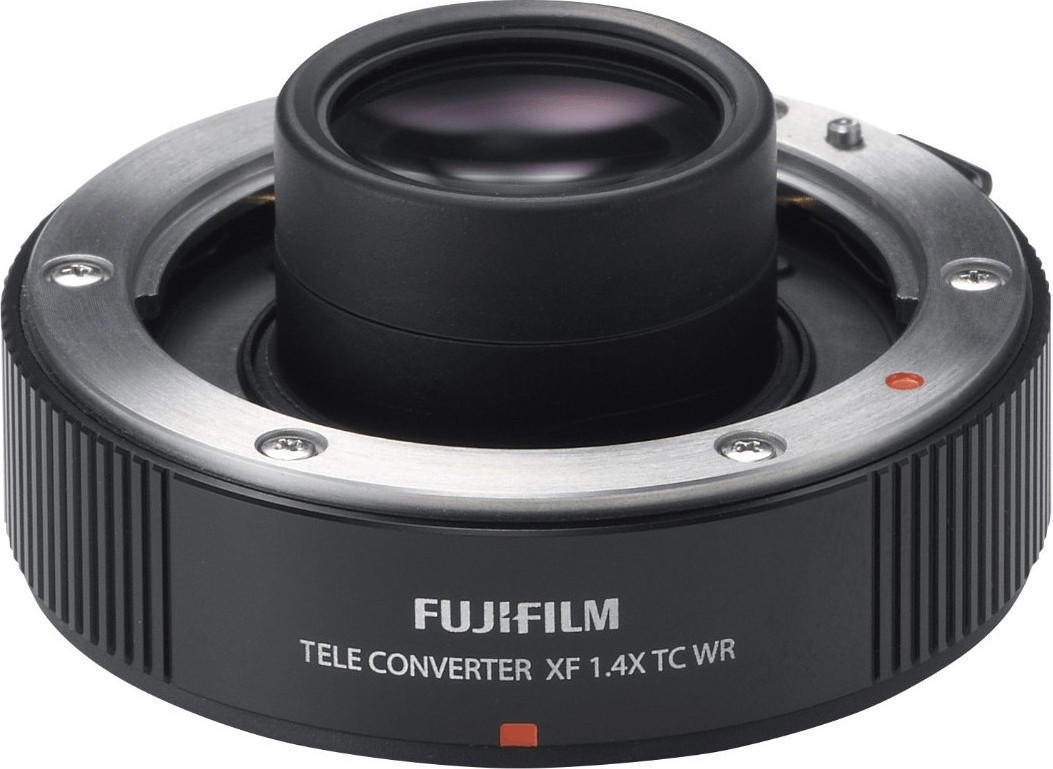
Weather sealing
Weather sealing ensures that your lens converter can withstand harsh weather conditions such as rain, splashes, and dust. This is especially important for outdoor photography and allows you to use the lens converter in various environmental conditions.
One lens converter that offers excellent weather sealing is the Sigma MC-11 Mount Converter for Sony E-Mount cameras. It is equipped with a rubber mount seal that helps prevent dust and water from entering the camera system. Another option is the Canon Mount Adapter EF-EOS R which is designed for Canon EOS R mirrorless cameras. It features a weather-resistant construction for enhanced durability and protection against tough weather conditions. For photographers shooting with Nikon cameras, the Nikon TC-14E III AF-S AF-I Teleconverter is a great choice. It boasts Nikon's unique fluorine coating that helps repel dust, water droplets, and dirt, ensuring a high level of weather sealing.

Distortion correction
Distortion occurs when an image captured by a lens appears distorted or warped, often causing curved or bent straight lines. To correct this issue, it is essential to find a lens converter that offers distortion correction capabilities.
One such lens converter that addresses distortion correction is the Metabones EF to E- Mount T Speed Booster Ultra for Sony cameras. This converter provides a lens distortion correction feature that compensates for both linear and barrel distortions, resulting in straighter and properly proportioned images.
Another option worth considering is the Viltrox Electronic Lens Mount Adapter for Canon EF-M to Micro Four Thirds for Fujifilm or Panasonic cameras. This adapter includes an electronic contact design that supports lens distortion correction for various Canon EF lenses. This feature ensures that images will maintain their intended perspective, with straight lines becoming perfectly represented.


In summary, distortion correction is an indispensable aspect to consider when choosing a lens converter. The Metabones EF to E-Mount T Speed Booster Ultra and Viltrox Electronic Lens Mount Adapter for Canon EF-M to Micro Four Thirds are two examples of lens converters that offer distortion correction capabilities, ensuring that your images remain distortion-free and accurately represent the desired perspective.


Vignetting control
This can be especially problematic when using wide-angle lenses and lens converters. To reduce vignetting, look for converters that have specialized elements or designs, such as those that have been specifically optimized for use with wide-angle lenses.
For Sony E-mount cameras, a great option is the Sony SEL075UWC Ultra Wide Film Lens Converter which is designed to minimize vignetting when used with compatible lenses. Another option is the Sigma 35mm f/1.4 Art DG HSM Lens which combines a wide-angle lens with good vignetting control. For Canon users, the Canon EF 1.4x III Extender is an excellent choice, with its advanced design aiding in reducing vignetting when used with Canon lenses. For those using Nikon lenses, the Nikon AF-S Teleconverter TC-14E III offers effective vignetting control, enabling users to achieve better quality images. Other lens converters known for their vignetting control include the Kenko Teleplus PRO 300 DGX 1.4x AF Teleconverter and the Metabones T Smart Adapter Mark IV.
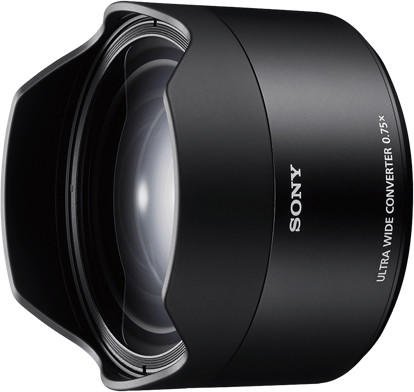




Compatibility with lens filters
Lens filters are essential in photography, as they enhance images by reducing glare, improving contrast, or adding creative effects. However, not all lens converters are designed to accommodate lens filters, so it's vital to ensure compatibility before making a purchase.
There are different types of lens converters on the market, categorized by their compatibility with lens filters. Some notable options include the Fotasy Pro Lens Mount Adapter, which supports lens filters due to its built-in 52mm filter thread. Another option is the Vello Lens Mount Adapter, which features a rear drop-in filter slot supporting filters up to 67mm in diameter. Lens converters like the Metabones Speed Booster offer compatibility with lens filters using a rear filter mount. Remember to check each lens converter's specifications to verify their compatibility with lens filters before settling on the right one for your needs.
Ease of use
Some lens converters on the market are designed to be user-friendly, allowing photographers of all levels of expertise to easily attach and detach the converters without any hassle. For example, a popular lens converter for Canon is the Canon Extender EF 2X III. This converter is compatible with a wide range of Canon lenses and offers a straightforward attachment process. The easy-to-use design ensures that photographers can quickly switch between different focal lengths without any difficulties. Additionally, the Sony SEL20TC 2.0X Teleconverter is another option known for its simplicity and seamless usage experience. Its compact size and lightweight nature make it convenient to carry around for on-the-go photographers.

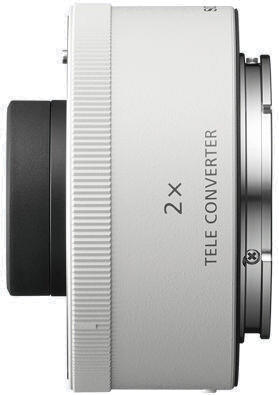
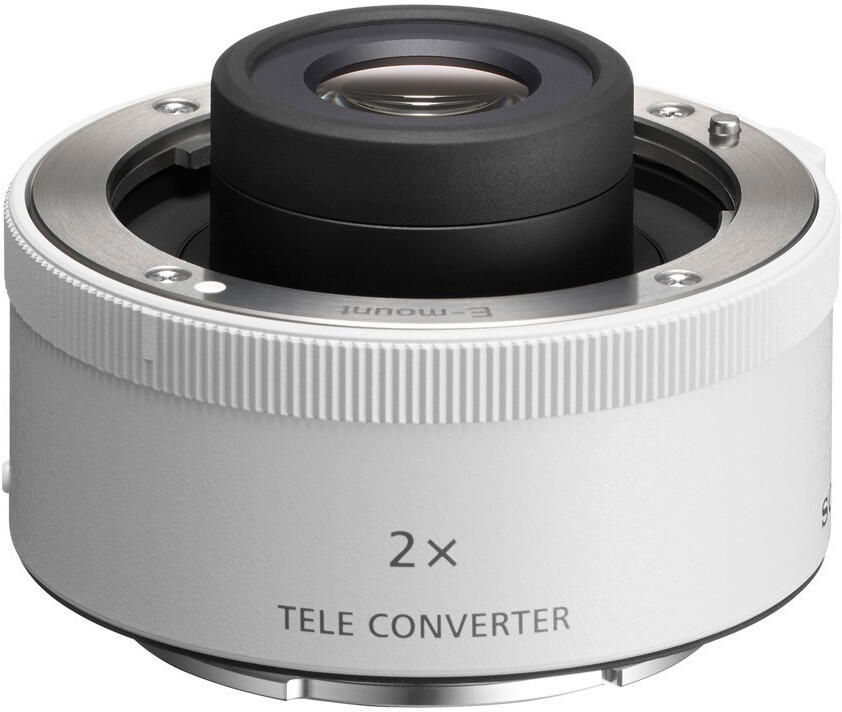
Image correction and enhancement features
These features ensure optimal image quality and the ability to overcome limitations of the lens or camera system. One product that excels in image correction is the Sigma MC-11 Mount Converter. It is designed to provide full compatibility between Sigma EF-mount and Sony E-mount cameras. With its built-in correction data and firmware updates, it ensures accurate reproduction of colors, reduced aberrations, and improved overall image quality. Similarly, the Metabones Speed Booster Ultra is another excellent option that increases maximum aperture and maintains exceptional image quality through its advanced optics and precise optical alignment. For photographers looking for versatility in lens compatibility, the Viltrox EF-E II Auto Focus Lens Mount Adapter offers electronic communication with lens data and supports image stabilization - enhancing the overall shooting experience.

Compatibility with lens hoods
Lens hoods are essential in reducing unwanted glare and lens flare, improving image quality, and providing additional protection to the lens. It is important to ensure that the lens converter is designed to work seamlessly with your lens hood. For Nikon users, one recommended lens converter is the Nikon TC-20E III Teleconverter. This specifically designed teleconverter maintains full electronic communication between the lens and camera and supports AF operation even at f/8 aperture. Another option is the Kenko Teleplus PRO 300 DGX Teleconverter, which is compatible with Nikon lenses and offers high-definition optical performance.
For Canon shooters, the Canon Extender EF 2x III is a fantastic choice. It works well with Canon L-series lenses and maintains built-in autofocus functions. Similarly, the Tamron TC-X20 2X Teleconverter is a reliable option, compatible with select Tamron lenses, and supports electronic communication between the lens and camera. These lens converters provide photographers with the flexibility to extend their reach without compromising on functionality, making them excellent options for those considering compatibility with lens hoods.


AF point selection and coverage
AF point selection refers to the number and positioning of focus points that the converter is compatible with. A lens converter with a larger number of AF points provides more flexibility and accuracy in focusing on specific subjects. For example, the Canon EF to RF Mount Adapter with Control Ring offers up to 5655 manually selectable AF positions on the magnesium alloy RF adapter, allowing precise focus tracking.
In terms of AF coverage, the wider the coverage, the better the chance of capturing subjects that are located towards the edges of the frame. The Sony FE 1.4x Teleconverter is a perfect example of a converter with excellent AF coverage. Compatible with a range of Sony lenses, it covers 325 phase-detection AF points, ensuring reliable autofocus even when subjects are not centrally located. Other notable choices in this segment include the Nikon AF-S Teleconverter TC-14E III, which covers all AF points of compatible Nikon lenses and the Tamron RBB Teleconverter TC-X20, which extends the coverage of Tamron lenses with excellent autofocus precision.
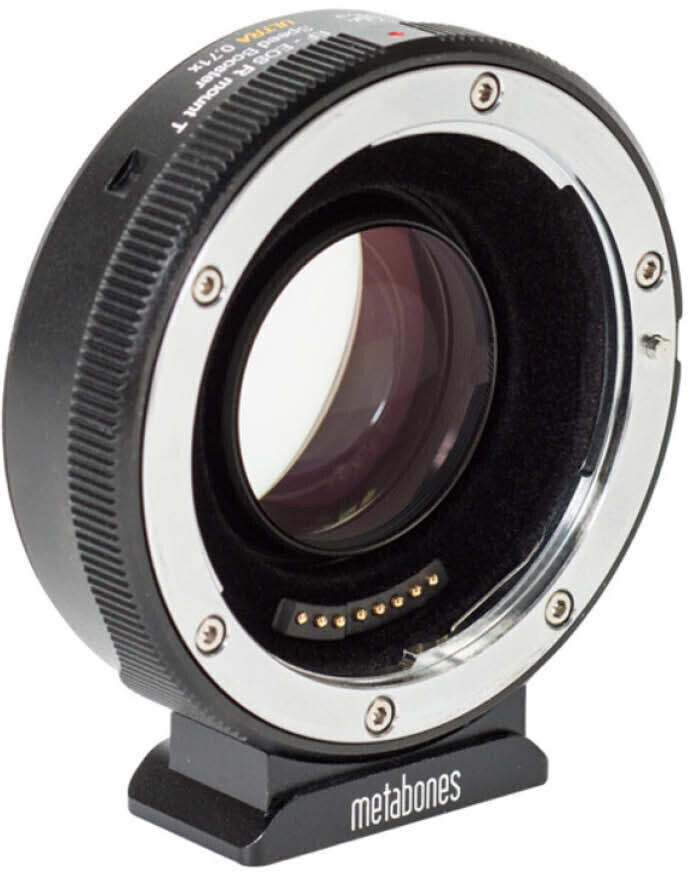

Lens compatibility with different focal lengths
Lens converters are designed to expand the capabilities of your existing camera lenses. However, it is important to ensure that the converter is compatible with the specific focal length of your lens. For example, the Canon EF 2x III Telephoto Extender is specifically designed for use with super telephoto lenses, as it doubles the focal length of the lens it is attached to. On the other hand, the Laowa Magic Shift Converter is compatible with Canon EF and Nikon F mount lenses up to 50mm. These are just a few examples of lens converters that cater to different focal lengths, offering photographers the flexibility to capture a wide range of subjects without the need for additional lenses.
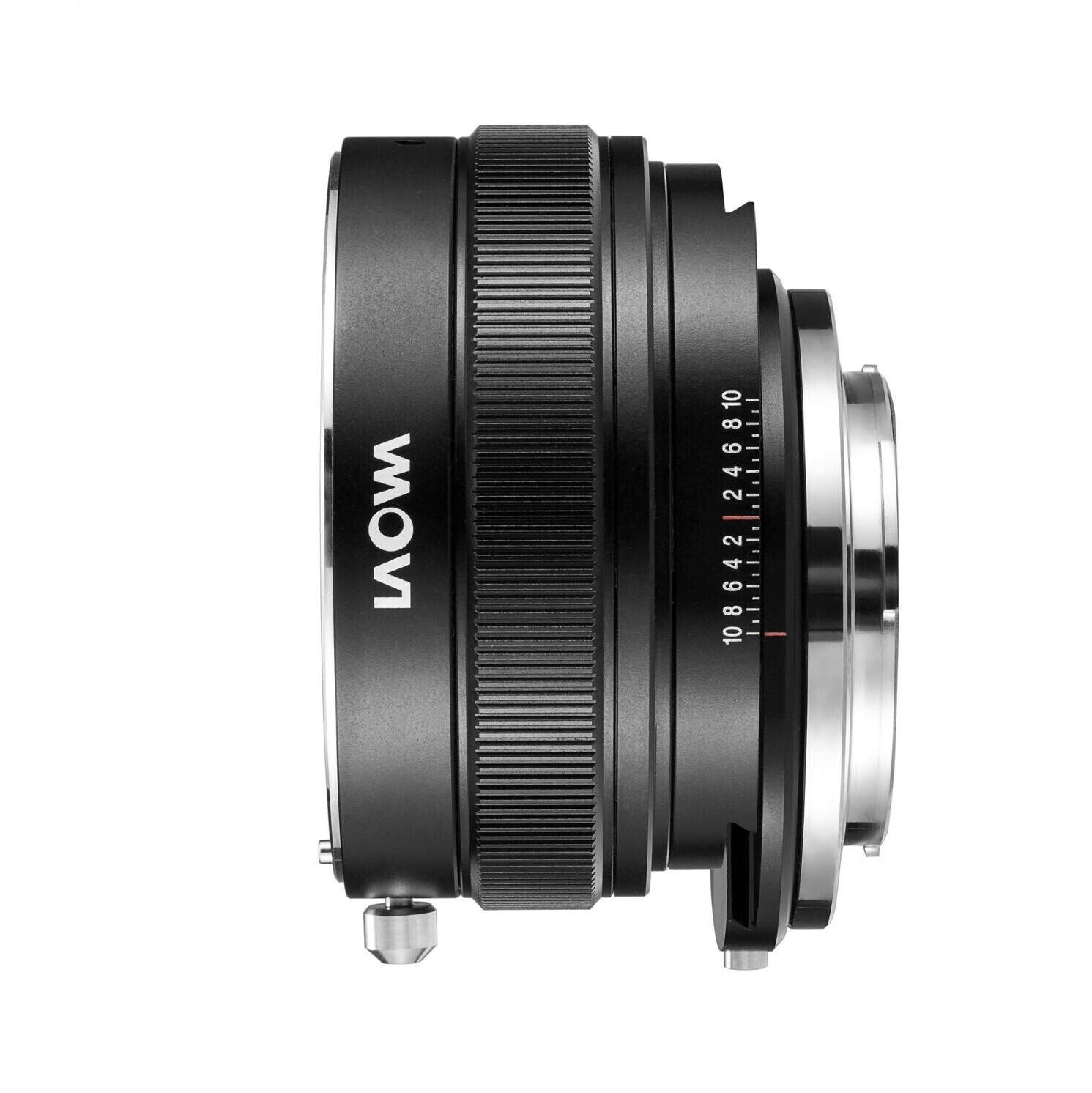
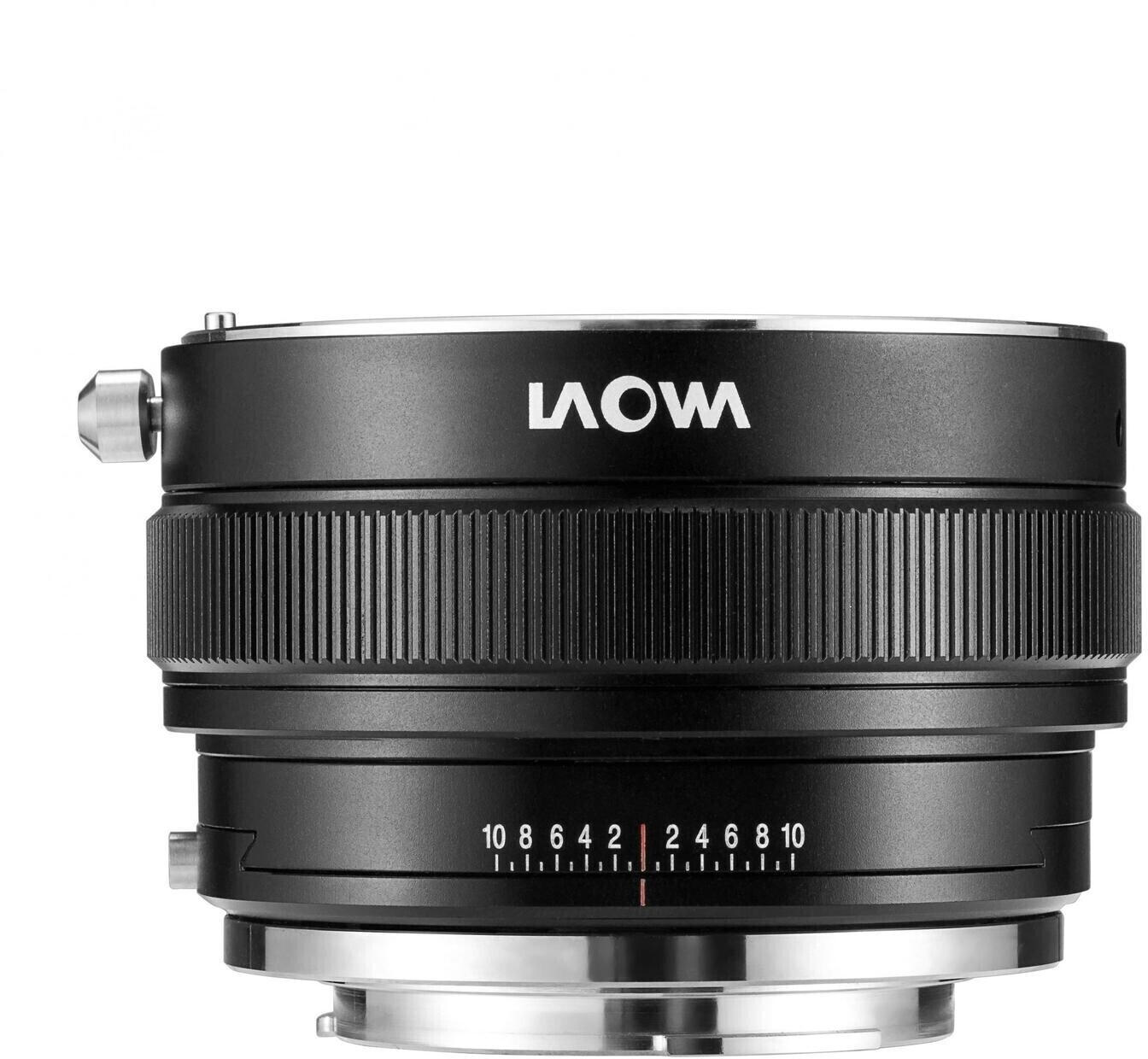
Image cropping and aspect ratio adjustments
This is especially important for photographers who want to capture a wide range of perspectives or need to fine-tune the composition of their shots. For instance, the Metabones Speed Booster Ultra is a popular lens converter that allows for magnification of the image with a 0.71x crop factor, which effectively widens the field of view of the lens. This is ideal for landscape or architectural photography where capturing a larger scene is essential. On the other hand, if you're shooting more specialized subjects like sports or wildlife, the Viltrox EF-E II Auto Focus Lens Mount Adapter with 1.5x crop factor may be a better fit. This adapter enables longer effective focal lengths, which can bring far-off subjects closer and provide greater reach.


Focus speed and accuracy
The ability of a converter to quickly and precisely autofocus determines its effectiveness in capturing fleeting moments and ensuring tack-sharp images. For photographers looking for high-performance lens converters in this aspect, two prominent options are the Sony LA-EA4 A-mount to E-mount FF and the Metabones Canon EF to Sony E-Mount T CINE Speed Booster ULTRA 0.71x.
The Sony LA-EA4 A-mount to E-mount FF converter is designed to provide quick and accurate autofocus functionality. It incorporates a built-in autofocus motor and transparent aperture mechanism, allowing seamless compatibility with Sony A-mount lenses to achieve fast autofocus response and precise focusing accuracy. This makes it an ideal choice for photographers seeking excellent focus performance.
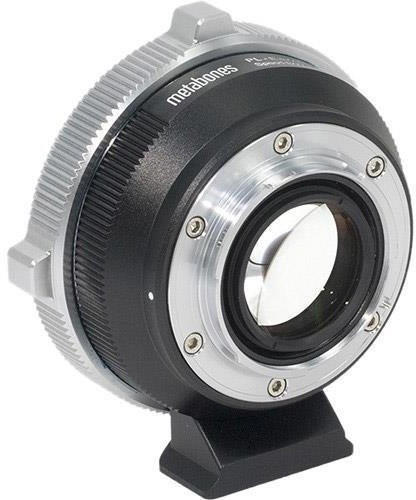
On the other hand, the Metabones Canon EF to Sony E-Mount T CINE Speed Booster ULTRA 0.71x converter enhances not only the speed but also the accuracy of autofocus. This is made possible by its advanced technology, including the support for the phase-detection autofocus system in Sony cameras. The converter not only improves the focus performance, but it also magnifies the aperture of the lens, resulting in a 1-stop increase in lens speed. This feature makes it particularly appealing for photographers who require both speed and accuracy in their lens converter.
Compatibility with lens tele-converters
Some manufacturers design specific lens converters that are tailored to work seamlessly with their lenses. For example, the Canon Extender EF 1.4x III and the Canon Extender EF 2x III are tele-converters specifically designed for Canon EF lenses. These tele-converters offer full compatibility with eligible lenses, providing exceptional image quality, autofocus performance, and added telephoto reach.
There are also third-party lens converters available in the market, which may offer compatibility with a wider range of lens brands. One such option is the Sigma MC-11 Mount Converter designed for Sony E-mount cameras. This converter allows you to use Sigma's wide assortment of lenses with Sony cameras, providing autofocus capabilities and retained optical quality.
It's important to note that not all lenses are compatible with tele-converters, as certain factors like lens characteristics and maximum aperture can affect their functionality. Therefore, it is recommended to consult the user manual and specifications of both your lens and the tele-converter before making a purchase.
Lens converter alignment accuracy
Lens converter alignment refers to the ability of the converter to properly align with the lens and camera, ensuring precise focus and image quality. One exceptional product that stands out in terms of alignment accuracy is the Metabones Canon EF to Sony E-Mount T CINE Smart Adapter. With a precise Positive Lock Mechanism, this adapter ensures a solid connection between the lens and camera, minimizing any potential misalignment. In addition, the Sigma MC-11 Mount Converter Lens Adapter boasts outstanding alignment accuracy, thanks to its compatibility with both Sony E-mount camera bodies and Sigma's MC-series of lenses. These adapters not only provide precise alignment but also support various functions such as autofocus and image stabilization.
Lens converter option for separate lens elements
This type of converter allows photographers to stack additional lens elements onto their lenses, which can enhance their focal length, increase magnification, or provide various other effects. One good example of a lens converter option for separate lens elements is the Sigma APO Teleconverter EX DG, which is available in different models like 1.4x, 2x, and 3x. The Sigma APO Teleconverter EX DG increases the focal length of the existing lens while maintaining its quality, and it also preserves the lens' autofocus and metering capabilities. Another option to consider is the Kenko Teleplus PRO 300 DGX, available in 1.4x, 2x, and 3x options as well. This converter features precision designed optics that help diminish distortion, increase sharpness, and maintain color balance.

Rear filter compatibility
Some lens converters are designed to allow the use of rear-mounted filters, such as neutral density or polarizing filters. This feature can greatly enhance the versatility and creative possibilities of your photography, as it allows you to achieve specific effects with ease. For example, the Sigma MC-11 Lens Mount Converter supports rear filter use, providing you with the option to attach rear filters to your Sigma lenses, expanding their capabilities. Another excellent option is the Metabones Speed Booster XL 0.64x Adapter, which also features rear filter compatibility, enabling you to use rear-mounted filters seamlessly on your lenses. Both of these products are highly regarded for their rear filter compatibility and compatibility with various lenses in the market.
Exposure compensation compatibility
Exposure compensation refers to the ability to manually adjust the exposure settings to achieve a desired brightness level. Some lens converters may not be compatible with exposure compensation, which can limit your ability to make adjustments to the exposure.
If having exposure compensation compatibility is crucial for your photography needs, you may want to consider lens converters like the Metabones Canon EF Lens to Sony E Mount T Smart Adapter or the Viltrox Auto Focus Lens Mount Adapter. Both of these lens converters have exposure compensation compatibility, allowing you to have more control over your exposure settings. Additionally, these adapters support automatic exposure modes and electronic aperture control, ensuring seamless communication between the lens and camera for accurate exposure adjustments.
Lens converter image stabilization functionality
This feature helps to reduce camera shake and ensure sharp and stable images. There are several lens converters available on the market that offer great image stabilization capabilities. For example, the Sigma Mount Converter MC-11 is designed specifically for Sigma lenses and has built-in image stabilization. It also features a data transfer function that allows users to adjust lens settings and update firmware via a computer. Another option is the Metabones T Smart Adapter Mark IV, which supports various lens mount types and incorporates a state-of-the-art image stabilization system. It offers a smooth and precise focus control with a maximum data transfer rate of 10 times compared to its predecessor. All in all, choosing a lens converter with reliable image stabilization functionality plays a crucial role in capturing high-quality and blur-free images.

Lens converter packaging and storage options.
Some lens converters come in a simple plastic bag, but it is advisable to opt for converters that are provided with a protective case or pouch for safe storage. This helps to prevent any damage to the lens converter when it is not in use and ensures easy transportation. For example, the Canon EF Lens to Sony E Mount Vorada Converter Mark III comes in a sturdy protective case that safeguards the converter from dust, scratches, and impact. Another option is the Nikon F Lens to Sony E Mount Sigma MC-11 Converter, which includes a padded pouch for secure storage and easy transport.
There are also lens converters available that come with the advantage of a compact and stackable design. These converters, such as the Metabones T Speed Booster Ultra 0.71x EF Lens to Micro Four Thirds Mount Adapter, are designed to be lightweight and easily fit into your camera bag along with other equipment. Their stackable nature allows for efficient storage without taking up much space. Other options on the market include the Fotodiox DLX Stretch Lens Mount Adapter, which provides squeeze functionality and boasts a collapsible design for compact storage. Considering the packaging and storage options offered by lens converters can greatly enhance the convenience and protection of your investment.
Price
While there is a wide range of price points available, it is essential to strike a balance between cost and quality. One reasonably priced lens converter option is the Viltrox AF Lens Mount Adapter. This converter offers autofocus functionality and is available at a budget-friendly price without compromising performance. With its electronic contacts, it enables data transmission between the lens and camera body, allowing for automatic aperture adjustment and EXIF information. Another affordable choice is the K&F Concept Lens Mount Adapter. This converter is lightweight yet well-built, with high precision and durability. It supports infinity focus and manual focus, making it a suitable option for photographers on a budget.
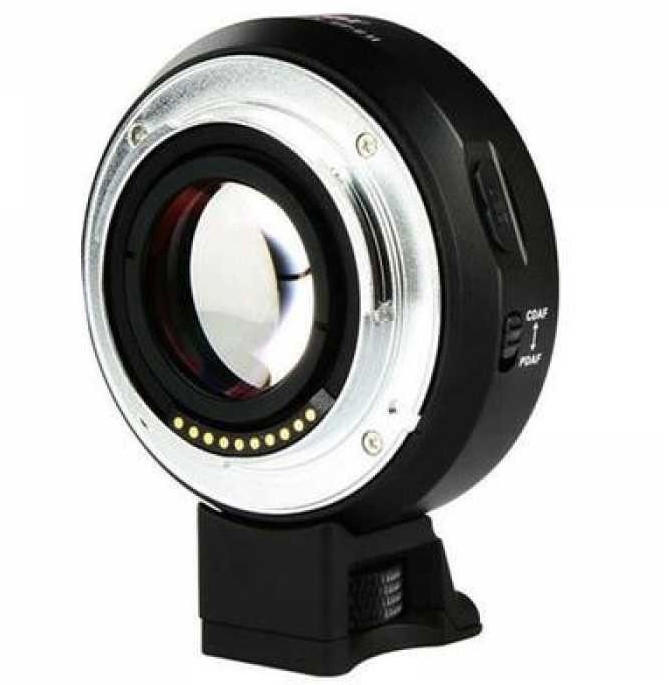
Variety of brands
When it comes to lens converters, there is a wide variety of brands to choose from, each with its own set of pros and cons. Some popular brands in the market include Canon, Nikon, Sony, Tamron, and Sigma.
Canon lens converters are known for their excellent build quality and compatibility with Canon lenses. They offer a range of options like the Canon Extender EF 1.4x III and Canon Extender EF 2x III. The 1.4x converter extends the focal length of a lens by 1.4 times, while the 2x converter doubles it. These converters are known for their professional-grade optics but can be a bit expensive compared to other brands.
Nikon also offers a range of lens converters, including the Nikon AF-S Teleconverter TC-14E III and Nikon AF-S Teleconverter TC-20E III. These converters work seamlessly with Nikon lenses and deliver exceptional image quality. However, they are slightly bulkier compared to other brands.
Sony lens converters, such as the Sony FE 1.4x Teleconverter and Sony FE 2.0x Teleconverter, are designed specifically for Sony E-mount lenses. They offer excellent image quality, autofocus performance, and retain the original lens's ability to detect phase-detection AF points. The drawback of Sony converters is that their compatibility is limited to Sony lenses only.
Tamron and Sigma are other reputed brands that offer lens converters suitable for a variety of lens mounts. Tamron's Teleconverter 1.4x and Teleconverter 2x are affordable options that are well-regarded for their image quality. Sigma's APO Teleconverter 1.4x and APO Teleconverter 2x are known for their solid build quality and image sharpness.




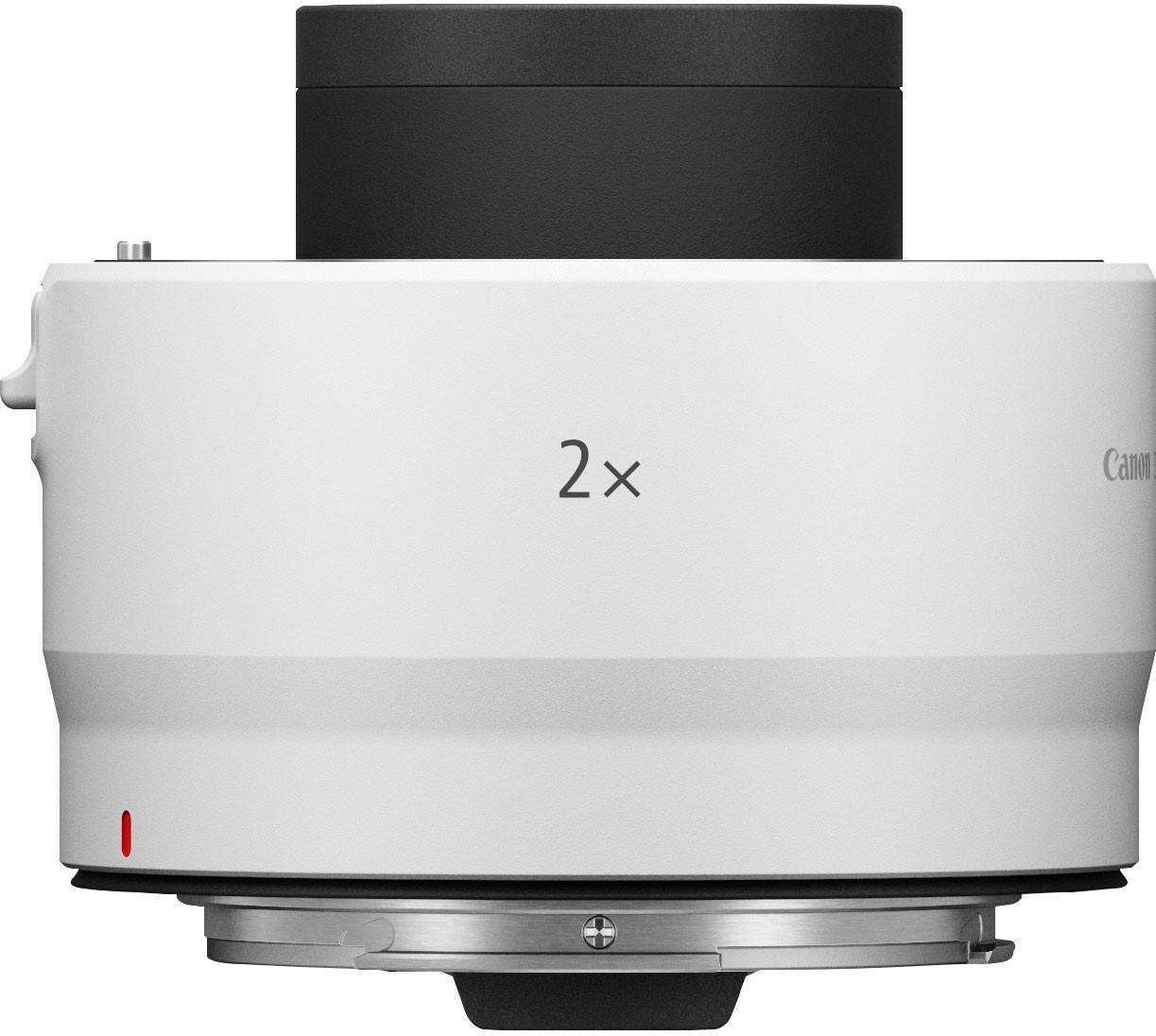


In summary, the variety of brands in the lens converter market provides options suitable for different photography needs and budgets. It's essential to consider the compatibility with your existing lenses and their respective mounts when choosing a brand.